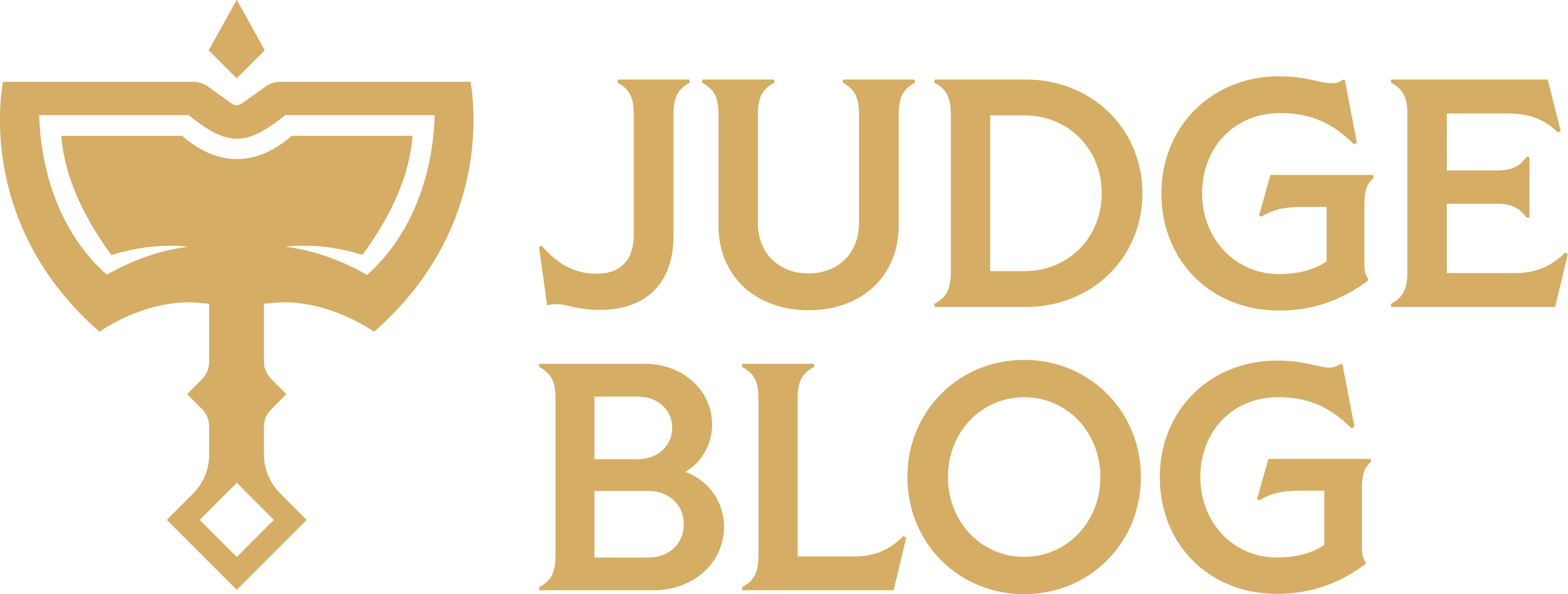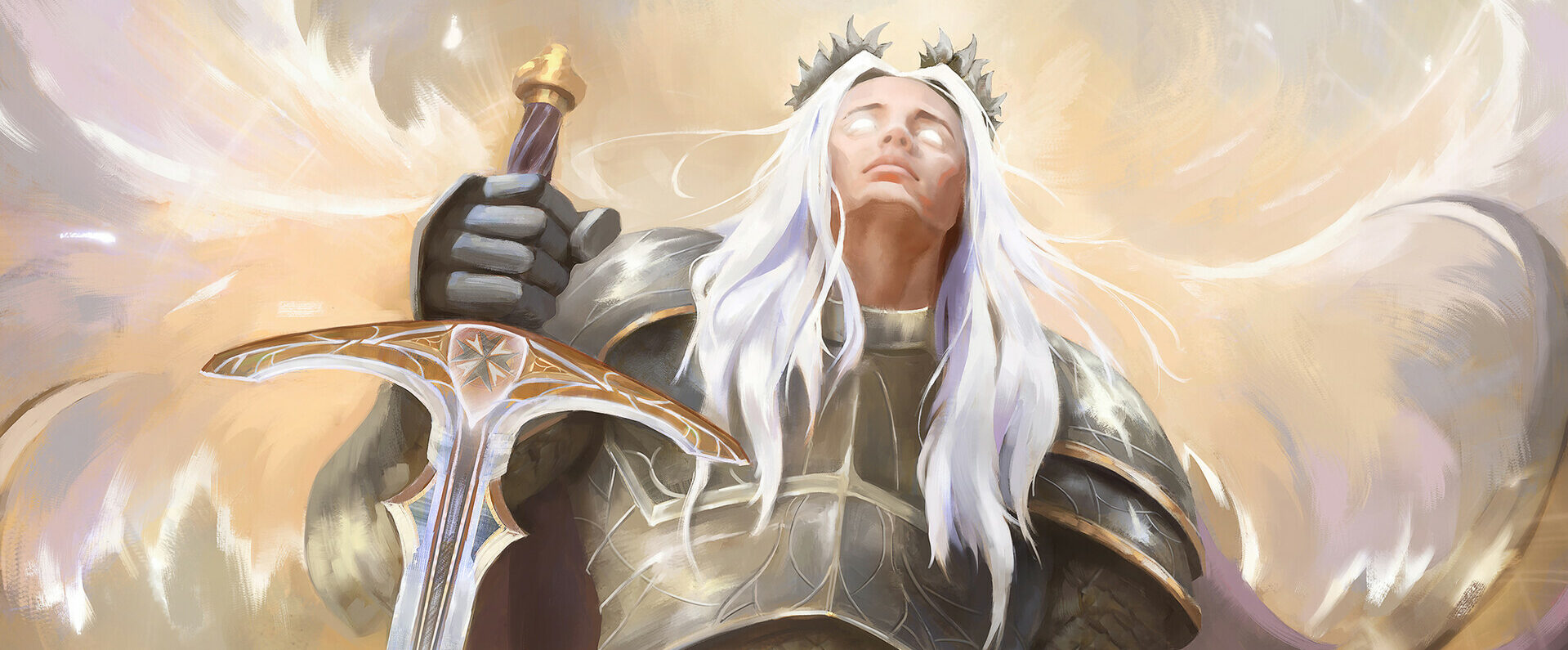
I Just Became a Judge. What’s Next?
Oskar “Elmachtronic” Machnik is a Level 2 Flesh & Blood Judge from Poland, and a member of the blog’s content team. The opinions expressed in the above article are his own and do not necessarily reflect the views of Legend Story Studios or the Judge Program.
Congratulations! You became a LEVEL 1 judge! But what’s next? Do you need help finding what to do with your hard-earned title? Read on and find out!
Let Everybody Know
First, you should contact your regional Judge Community Representative to inform them about their new family member. Your JCR is a person that will help you with every problem during day-to-day judging and community building. They can suggest your next steps and help you figure out what your focus should be.
Second, contact your local judge (if you have one) and your Local Game Store. While not all judges have a local game store they can call their home, getting involved with your local community is the first step to becoming a great Flesh & Blood judge. The principal place where you will judge at will be events organized by your LGS. Talk to them about what they need for events, as well as what your goals are for getting involved in the community. If you want to help run and organize Flesh & Blood events for the community, talk to them about expectations, responsibilities, and compensation. Both you and your LGS can’t host events for free; they provide the space and environment for events, and judges are essential to officiate high level events. Even if you may agree to help with events out of the kindness of your own heart, it’s important to set expectations and constantly be involved in dialogue to ensure that everyone is appropriately looked after and compensated for their time and effort. It’s a lot of work!
Third, join the official JudgeHub discord. Discord is a vital tool for learning about rules, interfacing with the larger judge and Flesh & Blood community, and the future of the judge program. There are official online conferences and office hours sessions with Judge Program Manager Klaus Lassacher, so even if you aren’t active in the channels, it is useful checking in on the announcements every once in a while to help further your growth as a judge and as a community leader.
Gather Experience
Before you judge major events or perform as a head judge for your local ProQuest, it’s important to gain experience running events. The best way to do this will be to go to other events as a support or floor judge. At most mid-size events, your responsibilities will be assisting with tournament logistics and keeping an eye on the floor with the guidance of the Head Judge. That way, you can learn soft skills that are more important to judging than just knowing the comprehensive rules. The best way to find opportunities for mid-size events would be to coordinate with your regional Judge Community Representative for opportunities.
If you’re feeling soft on your rules, the best way to study is to judge! Absent that, however, is to read questions in the #ask-a-judge channel in the JudgeHub Discord or in the game rules-Q&A on the Global Flesh and Blood discord. In both channels, you can ask and find responses to common questions. Utilize these channels well to help prepare for player questions, but don’t let it be your only prep work.
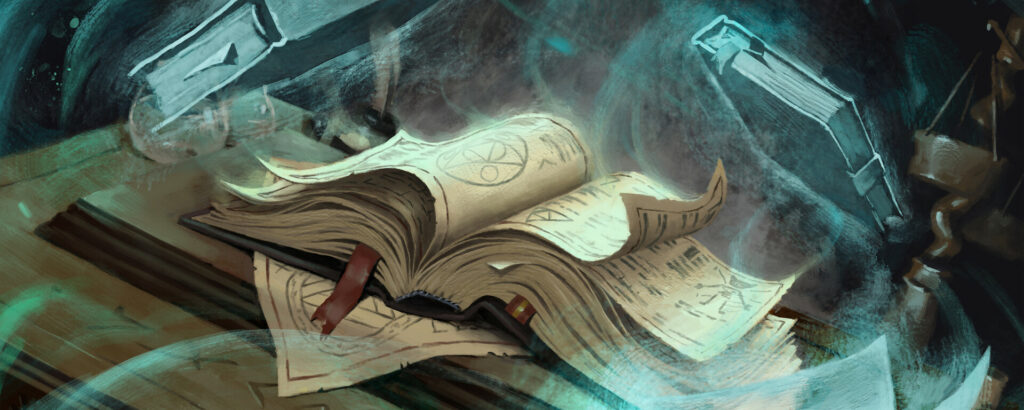
Apply for and Attend Major Events
Judges should keep an eye on JudgeHub for event opportunities for major events in the area. Travelling and attending major events is a lot of work, but can be an exceptional growth opportunity for all judges. Where judges tend to fill multiple roles when on minor and store-level events, major events have various positions that you can be asked to perform.
Most applications will simply ask to apply as Judge, Scorekeeper, or Administrative roles. Judges will be further divided into teams assigned after staffing has been decided on. Most large events will have the following roles:
Floor are typically the judges that players will interact most out of our tournament hive, as first responders and the most accessible judges on staff. Most rules questions are asked during those judge calls. Sometimes they are sent to help other teams, especially when they have a break. Most judges assigned to a specific event will work on the floor, regardless of the team they’re on; however, there is generally a floor team whose primary purpose is to be on the floor.
Deck Checks is a team that does exactly that. They are specialized in doing Deck Checks. At the start of each round, they need to grab the player’s deck (in a specific way) and then check it. The handy skill here will be fast reading and good memory. Important will also be how fast you can look for details. That is an exciting position and critical to prevent cheating.
Kickstarter & Breaks that position is an interesting one. It needs hard work because you would be everywhere during the tournament. In one round, you will be a floor judge on the main cc event, but in the next round, you will make a deck check in the blitz side event. You will exchange judges going for breaks, and also you will start side events like casual drafts.
End of Round, or Stage are judges specifically assigned to assist with getting the next round started and players in their seats in an orderly fashion. Judges on this team will generally be assigned to post pairings, coordinate with scorekeepers about outstanding matches, and other miscellaneous tasks.
Team Leads are judges assigned to lead a team. While most inexperienced judges will not be in this position, it’s important to learn who the team leads are. Whenever you need something during the day, the Team Lead should be one of the main persons you contact.
Scorekeepers usually will work seated. SKs can be certified judges, but they don’t have to be. It can be anyone that Tournament Organizer chooses to help. They have many things to do, like pairings at the start of the rounds, confirming results, dropping players, starting side events, and printing you anything you need.
Head Judge, and Appeals are highest positions of authority in a tournament. Even if the Head Judge for an event may not be the most senior person on staff, they are the ones leading the event; the Head Judge’s word is final, and judges should always follow their instructions. Appeals judges help the Head Judge with taking appeals. If a player wants to appeal, judges will typically call another judge nearby to watch the match while reaching out to the Head Judge or Appeals Judge for assistance. When you come to an Appeal Judge / Head Judge, use magical words, “I have an Appeal,” the Head Judge or Appeals Judge should immediately focus on you. They will listen to the situation, ask you details about the ruling, and confirm themselves what the situation is with the players. If the Head Judge or Appeals Judge makes a different decision than you, don’t worry! Treat it as a learning opportunity and ask them a bit about their philosophy behind that ruling.
Feature Matches, or Coverage, covers multiple roles. While most members on this team will be technical specialists working on broadcasting, there will usually be a few members assigned to gather players in the feature match and watch the games. Sounds easier? Not exactly. The pressure on you will be much higher. In events with smaller staffing sizes, the position of feature match judge will be for confident judges taken from the floor team.
As an inexperienced judge at a large event, expect to work on the side events team or as a team member of one of the first few teams mentioned. These roles are opportunities for growth and experience; use it as a way to network with other members of the judge team and connect with the wider Flesh & Blood community!
Set Goals
When you become a judge, you probably don’t think about it, but that is an excellent time to ask yourself. Why do you want to be a judge? What is the primary goal you want to achieve? Judges are responsible for many things; the foremost important thing is the same goal as LSS. To let players play great games. But also, each of us has our personal goals. For some, that is the only way to go to more significant events. For others, they feel like they need to fill that gap in their community. Some of us are ambitious and want to be important to the community. And, of course, some of us want to judge events. When you find your goal, think about the next steps you need to take to get closer to it. And if it is essential to level up for that.
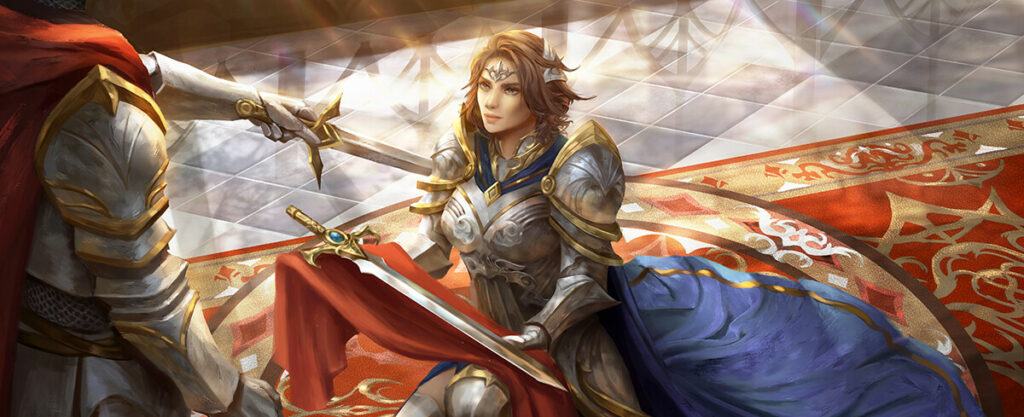
Level UP!
Level 2 judges are a vital part of the judging program and are the face of the judge program, often in team lead or head judge positions at larger events. Players look to them for authority and guidance, and as such they must be responsible for their conduct and statements. For that reason, the requirements are high to advance. When you think you are ready or need your Level 2 for any of your goals, you should start searching for a mentor. Mentors will typically be Level 2 Judges, often serving as community representatives for the area. They can give you guidance for advancement and will often be the ones submitting a review to recommend your ascension to the next level. To become a Level 2 judge, you need to meet the following requirements:
Be a Judge for at least 180 Days and Judge at least two Tier 2+ events: For example, Proquest or Road to the Nationals are events that will fulfill this restriction. The 180-day limitation is intended to ensure that newer judges have gathered enough experience to be familiar with tournament rules and structure.
Pass a Level 2 Exam: Similarly to exams for Level 1, there is a rules exam and a policy exam. They are much more challenging than Level 1, fulfilling edge cases. The important thing is to remember, like on the Level 1 exam; you CANNOT ask other judges for help during the exam. But you CAN read the documentation like Comprehensive Rules, Penalty Guidelines, or Tournament Rules. Also, you can use articles written on the official website. A critical skill for a judge is how to find the correct answer. You should always read a card when you judge, even if you play that card in each armory. Do the same during the exam. Also, remember that you can press on the card to see its oracle text.
Get a recommendation from current Level 2 Judge: The judges responsible for giving recommendations can be any 2 judge, but it is important to connect with them ahead of time to discuss your intentions of becoming a L2 judge. There is a long list that they must check with you for them to effectively write a recommendation on your abilities. Responding to calls, public behavior, deck checks, etc; the list of things that make a good Level 2 are myriad, but you don’t have to be perfect to advance. They often want to judge a few events with you working directly with or under them (when they will be your team leader) to watch your work. It’s important to contact them before the event so that they can be prepared to gather data and evaluate your work.
After doing everything, you send a checklist, and after a short time (up to a week), you should have a response. If there is no response, contact the administrators on the discord #platform-support channel.
About Public Interactions
As Judges, we are public ambassadors for the game that hold positions of power. With it comes benefits, requirements, and etiquette that judges are expected to respect. Remember to behave appropriately in your position. We are here to help people, not to order them.
An important thing to keep in mind is your presence online. When we discuss rules in our online interaction, the most important thing to keep in mind is to be friendly and professional. Try not to get too emotional, especially when you answer rules questions. Don’t spam with “yes / of course” responses when that answer is already given. Always assume innocent and sincere intentions and be patient when somebody has a problem understanding the ruling. Answer that you are sure it is correct. Recheck everything before you answer a tricky question. Also, don’t be scared of them. You can learn a lot from searching for answers.
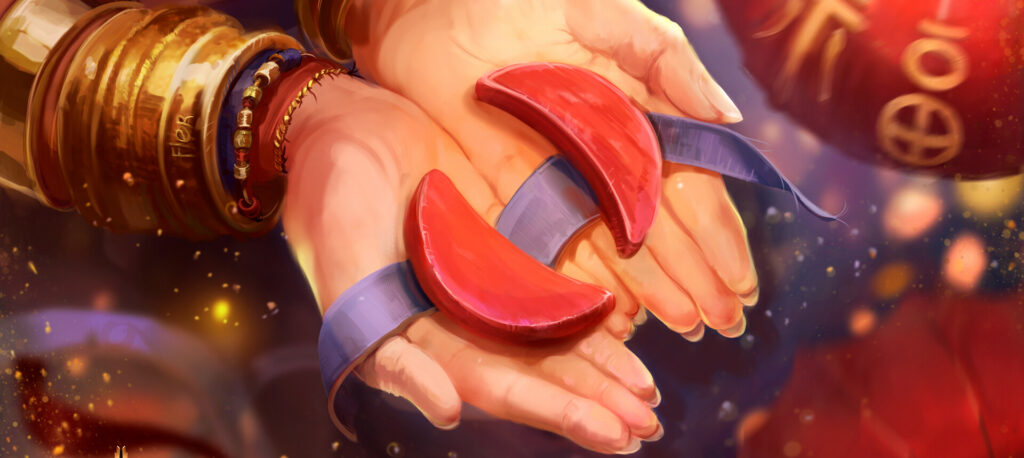
We’re Not Perfect
The last thing that I want you to remember is that everybody makes mistakes. And I, like the rest of our judge community, will always want to help everybody who needs it. You don’t need to be worried about asking for help. Nobody is perfect; if you don’t believe me, look at the fact that Duskblade got printed.
Best Regards,
